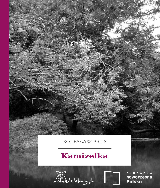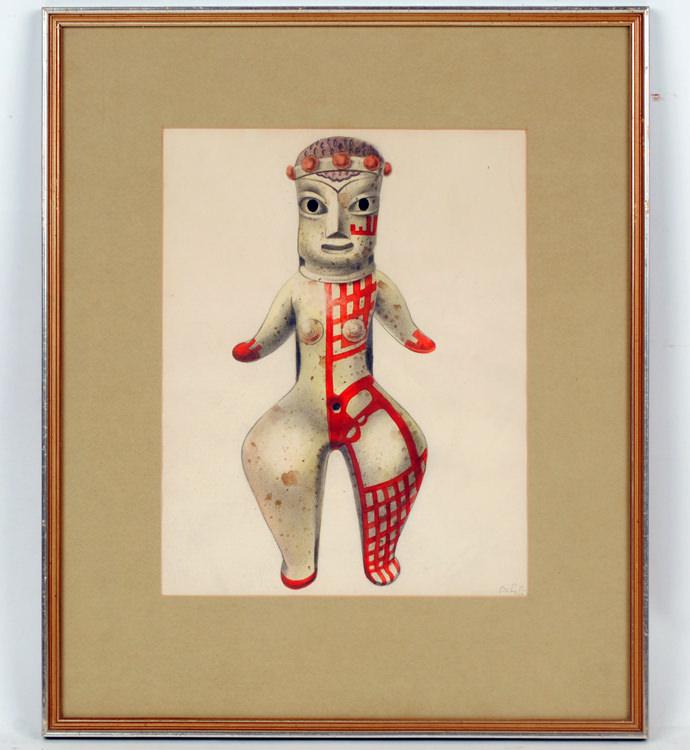
He condemned antisemitism as an affliction, yet in 1910 he published a newspaper piece containing anti-Jewish rhetoric.

His belief in the assimilation of Jews was connected to a conviction that Jews and Poles were joined by an “organic bond.” He rejected the notion that Polish Jews constituted a nation within a nation and believed that they were a part of the greater whole of Poland. He was an ardent advocate of Jewish assimilation, calling it “a natural and essential process that a healthy human soul cannot resist.” For Prus, an assimilated Jew could join Polish society, while an unassimilated Jew had “to adapt to Polish requirements.”

He had contempt for Yiddish, branding it as a “disfigured German patois” and a “foreign vernacular.”

In the 1870s, he wrote, “Much has been written about Jews and their dress (and) sidelocks … As for me, I am happiest to leave that to them and would advise others to do the same.” Prus condemned the “religious fanaticism” of Orthodox Jews, even as he acknowledged the virtues of the Talmud and accepted their distinct clothing. She explains it this way: “Aversion and an inclination to encumber Jews with all possible deficiencies are woven into an unbreakable knot with the awareness that they are useful, or even indispensable …” In keeping with the temper of the times, he moved into an antisemitic mode, portraying Jews as “the enemy of the Polish nation” in his novel Children.Īs Friedrich observes, Prus was acutely conscious of the peculiar “love-hate relationship” between Poles and Jews. According to Cala, a specialist in Polish-Jewish affairs, Prus was favorably disposed toward Jews until the late 1880s.

She cites the Polish historian Alina Cala as a reference. Friedrich, a lecturer at the University of Gdansk, states that his position on Jewish issues changed over time.


 0 kommentar(er)
0 kommentar(er)
